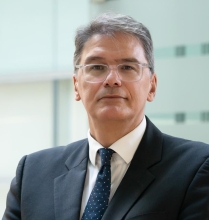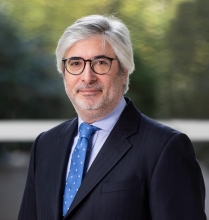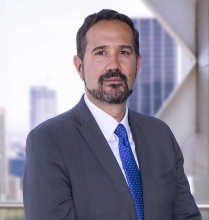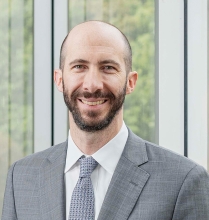International Arbitration Newsletter - November 2019 | Regional Overview: The Americas
The most relevant updates of The Americas from the global International Arbitration and ADR practice group at Garrigues.
Costa Rica
Costa Rica allowed to dissolve joint venture with Chinese partner
An ICC tribunal has granted Costa Rican state entity and oil company Refinadora Costarricense de Petroleo (Recope) its request to dissolve its joint venture with a Chinese counterpart China National Petroleum Corporation, a subsidiary of CNPC International (CNPCI), in a dispute over a cancelled US$1.5 billion project to upgrade an oil refinery.
The tribunal also ordered the dissolution and liquidation of the parties’ joint venture company Soresco.
The dispute relates to a 2008 joint venture agreement whereby Soresco would expand the Moín refinery near the Costa Rican port of Limón. That agreement was reached a year after China and Costa Rica had established diplomatic relations for the first time.
In 2013, the Comptroller General’s Office, the body in charge of Costa Rica’s public finances, suspended the project after it found that Recope could not rely on environmental impact and feasibility studies the state entity had ordered, as one of the studies had been prepared by a CNPCI affiliate. The project has been suspended ever since. In 2016, Recope announced it was terminating the joint venture, saying it had made efforts to overcome legal obstacles but that CNPCI had refused to accept its solutions.
Peru
Peruvian court detains 14 arbitrators in alleged bribery case on Odebrecht
The Peruvian Third Court of Investigation in Crimes of Corruption has ordered the pre-trial detention of 14 arbitrators while they are investigated for allegedly taking bribes to favour scandal-hit Brazilian construction company Odebrecht in a series of cases that cost the state more than US$250 million.
The Court held that the arbitrators should be detained for 18 months while an investigation continues into 42 arbitrations held between Odebrecht and the Peruvian state.
This is the latest fallout relating to Brazilian construction group Odebrecht, which agreed in 2016 to pay US$2.6 billion fine as to US, Swiss and Brazilian authorities after admitting to paying bribes worth US$788 million across 12 countries between 2001 and 2016, including US$29 million to Peruvian government officials over nine years.
Venezuela
Guaidó fails to stop ICSID award enforcement by US Court
Venezuelan opposition leader Juan Guaidó has failed to persuade the US District Court for the District of Colombia to stay the enforcement of an ICSID award worth over US$400 million granted in favour of creditor OI European Group (OIEG), a Dutch subsidiary of US bottlemaker Owens-Illinois against Venezuela and its assets.
Although the court acknowledged the country’s ongoing “severe humanitarian crisis”, it noted that the assets in dispute were confiscated in 2010 and the award issued over four years ago – before the crisis began. Any stay would “only serve to delay” OIEG’s entitlement to a judgment, it said.
Dutch Appeal Court sets aside ICC award against PDVSA
The Court of Appeal in The Hague has set aside and partially annulled an ICC award against Bariven, the subsidiary of Venezuela’s state-owned oil and gas company PDVSA, on the ground that the underlying contract was procured through corruption.
The court found that the arbitrators applied too stringent a standard in dismissing allegations that the contractor, Texas-registered company Wells Ultimate Service had obtained the contract through corrupt means.
Wells had obtained an ICC award ordering Bariven to pay US$11.7 million plus interest and costs to Wells for failing to honour a 2012 contract for the purchase of two “top drives” – large motors used on drilling platforms.
In the arbitration, Bariven asserted that the Dutch-law contract was void through corruption and that Wells was a shell company set up as part of a bribery scheme led by convicted Venezuelan businessman Roberto Enrique Rincón Fernández – who is the father of Wells’ president and the brother-in-law of its ultimate beneficial owner.
Contacts




-
+52 55 1102 3570
-
+57 601 326 69 99



